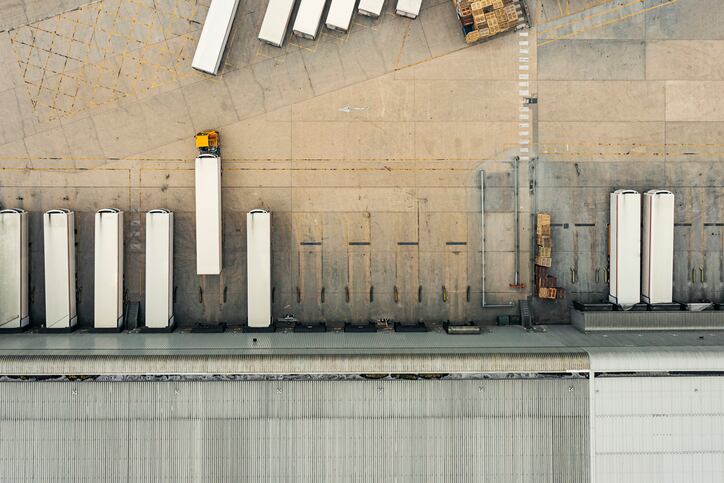The Brazilian pilot is looking to expand into Europe as part of the world’s largest brewer’s efforts to reduce the carbon footprint of packaging materials. It will use the material in trade packaging materials: such as crates for transport and logistics.
The bio-based thermoplastic is made from unsorted household waste, including organics: creating a ‘sustainable substitute for oil-based plastics’. It can act as a substitute for plastic, wood or concrete in thousands of applications.
Re-using 650km of unrecyclable waste
UBQ is a raw material that can, as with any other polymer, be compounded with additives commonly used in the industry to address product specifications such as coloration, impact strength or UV resistance.
The material is already being used in items ranging from clothes hangers and garbage bins to plastic parts in cars.
“The novel material enables manufacturers to address multiple sustainability development goals with a single material substitution: waste diversion, emission prevention, and preservation of finite natural resources,” says the company.
By diverting waste from landfills, every kilogram of UBQ produced prevents up to 12 kilograms of CO2eq from polluting the environment, according to the company. For the AmBev pilot project in Brazil, this means a reuse of over 650kg of unrecyclable waste and the prevention of 5,800 kg of CO2eq. These values were calculated using GWP20 (global warming potential over a 20-year period).
Ambev is aiming for increase recycled content of its packaging, and in Brazil made a public commitment of plastic neutralization of its packaging by 2025 and continues to invest in sustainable alternatives across its entire production chain. The company has previously announced commitments to produce most of its packaging from recycled materials, purchase all of its electricity from renewable sources, improve water quality for all communities in its network, and enhance the sustainable infrastructure for all of its partner farmers.
Headquartered in Israel, UBQ Materials’ current global expansion is spearheaded by the addition of a large-scale facility in the Netherlands that will begin operating by end of this year. The new facility will supply material to brands and manufacturers throughout Europe, further localizing the waste-to-material production cycle.

